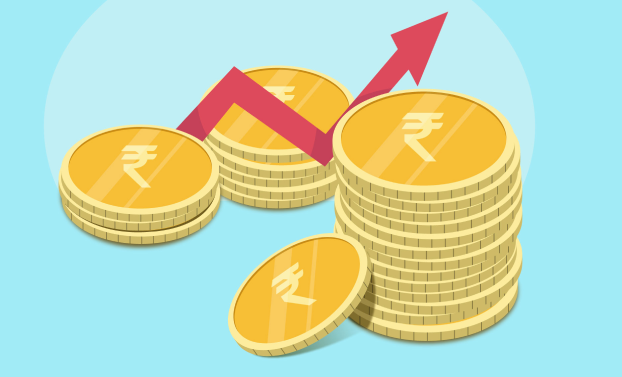
"The Importance of Having an Emergency Fund in Personal Finance in India"
An emergency fund is a critical component of personal finance, as it provides you with financial security and peace of mind in the event of unexpected expenses or emergencies. In this blog post, we'll discuss the importance of having an emergency fund in personal finance in India.
Why is an Emergency Fund Important? An emergency fund is essential for several reasons:
1. Protects against unexpected expenses:
Emergencies such as job loss, medical bills, or home repairs can occur at any time, putting a significant financial strain on your budget. An emergency fund can provide you with the financial security you need to cover these expenses without having to rely on credit cards or loans (ICICI Bank, 2022).
2. Prevents debt:
Without an emergency fund, you may be forced to turn to credit cards or loans to cover unexpected expenses. This can lead to debt and high-interest rates, which can be difficult to pay off (ICICI Bank, 2022). An emergency fund can prevent this by providing you with the funds you need to cover emergencies without incurring debt.
3. Provides peace of mind:
Knowing that you have an emergency fund can provide peace of mind and reduce financial stress. This is especially important in times of uncertainty, such as during the COVID-19 pandemic (SBI, 2021).
How Much Should You Have in Your Emergency Fund? Financial experts recommend having an emergency fund with enough money to cover at least three to six months of living expenses (SBI, 2021). This will provide you with enough funds to cover your essential expenses in the event of an emergency, such as job loss or unexpected medical bills (ICICI Bank, 2022).
Where Should You Keep Your Emergency Fund? It's important to keep your emergency fund in a savings account that is easily accessible, but not too accessible. This means that you should avoid keeping your emergency fund in a checking account where you may be tempted to spend the funds (HDFC Bank, 2021). Instead, consider a high-yield savings account or liquid mutual fund that provides a higher interest rate and easy access to your funds (HDFC Bank, 2021).
How to Build an Emergency Fund Building an emergency fund can take time, but it's worth the effort. Here are some tips for building an emergency fund:
1. Start small:
Start by setting aside a small amount each month and gradually increasing the amount as your budget allows (ICICI Bank, 2022).
2. Automate your savings:
Consider setting up an automatic monthly transfer from your checking account to your savings account. This will help you to save consistently and reach your goal faster (ICICI Bank, 2022).
3. Cut expenses:
Look for areas in your budget where you can cut expenses and redirect those funds to your emergency fund (ICICI Bank, 2022).
4. Take advantage of windfalls:
Consider directing any windfalls, such as a tax refund or bonus, towards your emergency fund (ICICI Bank, 2022).
In conclusion, an emergency fund is an important component of personal finance in India. It provides financial security and peace of mind in the event of unexpected expenses or emergencies, prevents debt, and provides peace of mind. Financial experts recommend having an emergency fund with enough money to cover at least three to six months of living expenses and keeping the funds in a high-yield savings account. Following these tips can build an emergency fund and achieve financial security and peace of mind.
References:
· HDFC Bank. (2021). Emergency Fund: Why it is Important and How to Build it. Retrieved from https://www.hdfcbank.com/personal/invest/emergency-fund